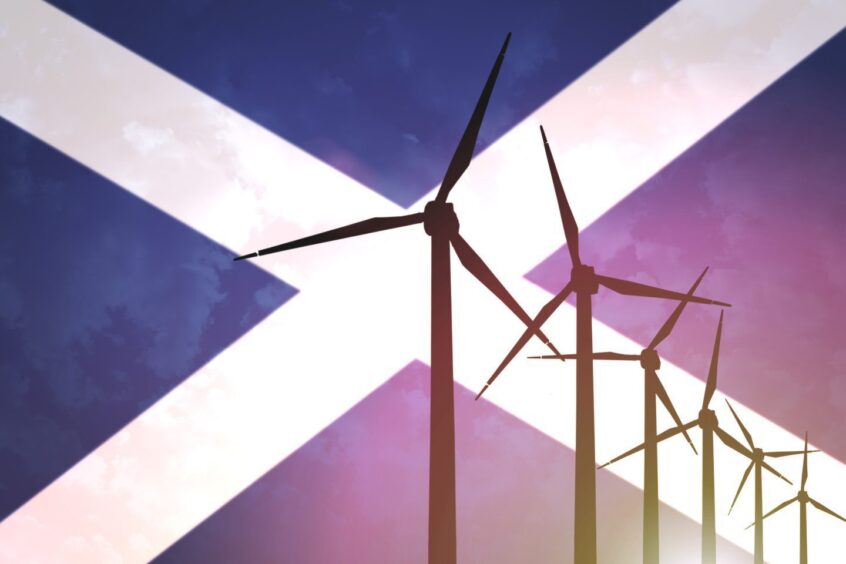
Let’s be clear about what “just transition” actually is and why it is the energy revolution now gaining momentum as the core driver of the colossal changes that human society must undergo globally, or else.
It is far deeper than most people realise, let alone understand, and the hands on the clock are whizzing around faster and faster as we run out of time.
A just transition is intrinsically grounded in human rights standards and obligations, including the rights to equality and non-discrimination, a clean, healthy and sustainable environment, decent work, social security, access to information, public participation and rights to justice and remedies.
The United Nations with the International Labour Organisation warn that human rights require that labour is not reduced to a commodity, but considered an investment in people, partnership and our societies.
Go check out any MBA syllabus that has ever existed and you will find those core values repeated time and time again. You will be told that, by and large, people are your most valuable resource, so nurture, not exploit and therefore disenfranchise them.
The human resources module will likely tell you that it can be boiled down to three simple words: diversity, equality and inclusion – DEI or permutations thereof.
Been there, and experienced all of that.
And yet, despite having boardrooms and management tiers stuffed with MBAs plus yet more climbing the corporate slippery pole, somehow the vital values referred to above too often get dumped.
People exist to be hired and fired, paid as little as can be got away with, poorly trained and made to work excessive hours in lousy workplaces, with minimal training and enduring bully bosses.
I think I’m describing the UK and US, but many other countries are worse.
In a nutshell, as a global society, humankind is currently badly prepared to navigate the just transition that we must all go through to create the more sustainable future we seem to crave.
The climate crisis is deepening relentlessly, but media interest is fickle. Popular outlet spans have diminished to sound-bite size.
There are also those who see an opportunity in the colossal changes that lie ahead for rampant exploitation. Their only interest is self-interest. It applies to individuals, corporations and on-the-make politicians.
Earlier, I referred to the energy revolution; it’s built around the wholesale transition from high- to low-carbon energy.
It is shifting from oil, natural gas and coal dependency to sustainable approaches working with harvester technologies such as wind, photovoltaics and hydropower plus thermal efficiency, but arguing over whether nuclear is environmentally clean or dirty.
Early this year, at the Energy Institute’s International Energy Week conference in London, delegates appeared to accept that they have a crucial role in turbo-charging the switch from fossil fuels and to grow a diverse pool of talent and skills.
13 million jobs in fossil fuel-related industries at risk
According to the International Energy Agency (IEA) the sector needs 30 million clean energy jobs by 2030 if it is to come anywhere near to the Paris Agreement target of limiting global warming to 1.5C, though it seems we may already have bust that pledge.
The agency warns that, incredibly, that target puts around 13 million jobs in fossil fuel-related industries at risk.
It requires huge retraining programmes to transition jobs in coal, gas and oil to clean energy opportunities but even then it won’t be enough.
Professor Jurgen Maier, a former CEO of Siemens, and a moderator at the EI Week’s session on diversity, equity and inclusion, said DEI is an absolute business imperative for success.
Matthew Wright, sometime head of Denmark’s Ørsted business unit in the UK, agreed that DEI was an essential element of any boss’s toolkit.
“You have to set targets and be accountable for them and you have to make yourself vulnerable and accountable as a leader,” he warned.
Energy reaches into all of our lives. Few other industries are vested with the power of purpose it has. But it must use that power wisely. And, right now, I don’t believe that is happening effectively in Scotland or the wider UK.
Lots of ideas, lots of recommendations, disjointed ill thoughts through bits of policy here and there and little cohesive drive to make it happen with the urgency required.
In Scotland’s case, we are saddled with a substandard part-time energy minister, a muddle of agencies of questionable capability, threadbare indigenous clean energies capability, strategically valuable to the transition oil and gas industry that is about to be butchered by bad Treasury and Westminster decision-making, and an unhealthy obsession with inward investment because UK financial institutions won’t take the risk. Oh, and the industry is badly structured.
And we expect to achieve a “just transition” here in Scotland?
